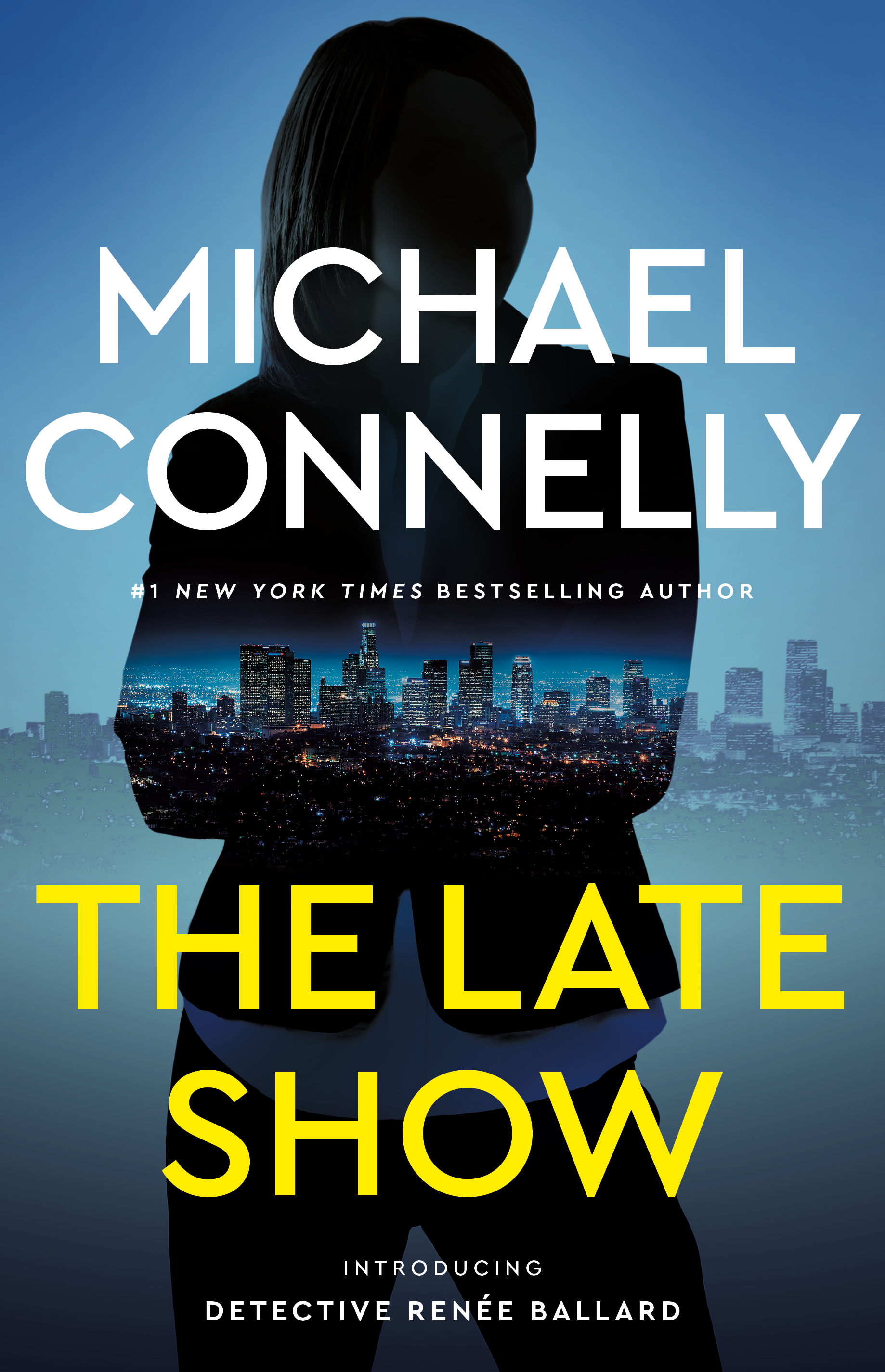By Lloyd Sachs
July 17, 2017

Thirty novels and dozens of short stories into his stellar career as a writer of crime fiction, having made household names of detective Harry Bosch and "Lincoln Lawyer" Mickey Haller, Michael Connelly introduces and elevates a woman to the starring role in "The Late Show."
It's a sharp move that allows him to shift his perspective in fresh and meaningful ways. Writing about the instantly appealing police Detective Renee Ballard also recharges Connelly, who has never been in better form.
From the get-go, Ballard is an outlier in the LAPD. A Hawaii native who started out as a crime reporter for the Los Angeles Times, she destresses by paddle-boarding, sleeps on the beach in a tent with her dog Lola on the lookout, and enjoys casual affairs with partners who handily pass the good-guy test.
"The Late Show" is named after the graveyard shift at Hollywood Division, to which she is assigned after filing a complaint against Olivas, her superior in the Homicide Special Section, who pushed her against a wall at a Christmas party and tried to force her to kiss him. The complaint was thrown out when her partner, Chastain, who witnessed the incident, refused to back her up, putting career ambitions before personal loyalty.
Since then, Olivas has taunted and bad-mouthed her at every opportunity and used his influence to muscle her off cases. But after four men knee-deep in gambling, drugs and loan-sharking are shot to death in a nightclub, Ballard uncovers evidence that indicates the shooter may have been a cop. Defying orders and pushing back at a major crimes investigator armed with details about her movements that he has no reason to have, she probes the backgrounds of the victims and their possible connections to the LAPD.
And that's not all that's on her plate. After a transgender person is beaten nearly to death, she tracks down the assailant through his use of brass knuckles (which are outlawed in California) and, at considerable risk and with little support from the department, goes after him.
Even though terrible things have happened to her, including the death of her father in a surfing accident, Ballard refuses to allow them to dim her independent spirit. Detective work defines her. "Nothing in her life beat it," she says of "that moment of knowing" in her gut that she's got her man. "She knew deep down it was the reason she would never quit, no matter where they put her or what they said about her."
Even after all these novels, Connelly hasn't run out of things to tell us about police procedure. One abduction scene plays out in surprising ways, ultimately calling into question the very act of self-defense. It grounds itself with references to real crimes. A police officer notes that forensics workers spent 41 hours at famed producer Phil Spector's home after a woman was killed there. "That's got to be a record or something," says a colleague of Ballard's.
For all the stark drama and realism in his books, Connelly is ever aware of the need to entertain. Among the many highlights of "The Late Show" is a great gotcha scene that Ballard orchestrates involving one of her persecutors. In an amusing flash of meta-fiction, Connelly also gives us a female character who played a bit part "in an episode of a television show called 'Bosch,' which Ballard knew was based on the exploits of a now-retired LAPD detective who had formerly worked at Robbery-Homicide Division and the Hollywood detective bureau."
It will come as no surprise at all if Ballard finds her own way to the small screen, or maybe the big one. The imagination races with the names of actors who would clamor to play her.
Lloyd Sachs, a freelance writer, regularly reviews crime fiction for the Chicago Tribune.
'The Late Show'
By Michael Connelly, Little, Brown, 448 pages, $28
No comments:
Post a Comment